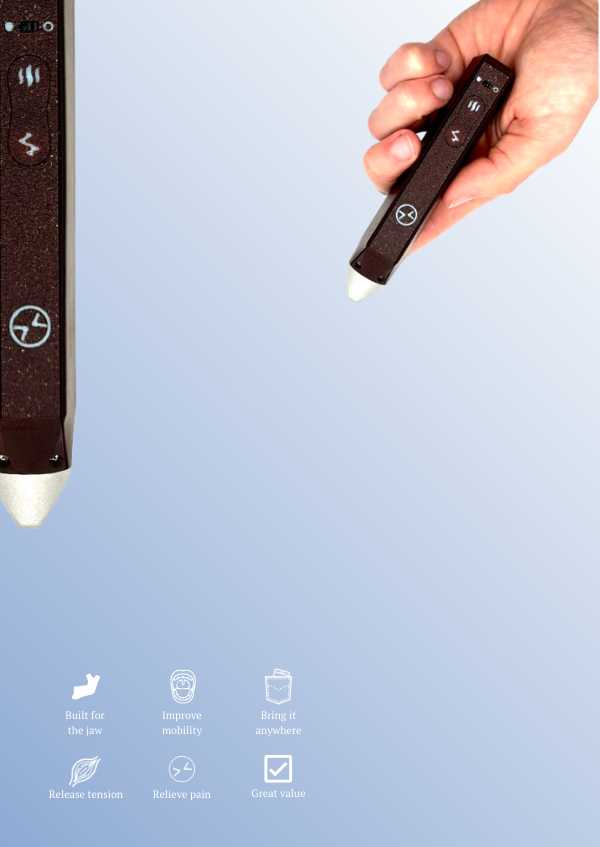If Your Dentist Acts Like This.. RUN!!!
If it EVER feels like your doctor isn't being thorough enough... run. TMDs are EXTREMELY under-researched. Meaning you're playing a numbers game with your doctors - even if they're "specialists" - on whether you're going to be cured or screwed up even more (while paying thousands of dollars for it).

Here's a story of someone taking treatment advice from their doctor and making their TMJ worse.
If it EVER feels like your doctor isn't being thorough enough... run. TMDs are EXTREMELY under-researched. Meaning you're playing a numbers game with your doctors - even if they're "specialists" - on whether you're going to be cured or screwed up even more (while paying thousands of dollars for it).
Here's the Bottom Line
Do your own research. Deep research. If you put enough hours into understanding the TMJ, you will be a lot more informed than the vast majority of dentists and doctors. The deeper into the rabbit hole you go the better for you. Then when you talk to doctors, you will be able to instantly figure out who's a bull shitter and who's the real deal.
Then you should start moving up the risk latter. From the bottom. And as you do, you'll be able to narrow down what's wrong with you. [Read the Ultimate Guide to Treating TMJ Disorder]
1) Heat, Massage, etc.
Maybe you're just dealing with muscle spasms/pressure points. There's a decent chance this works and prevents further deterioration of the condition.
2) Postural Changes
This includes body posture, head posture, jaw posture, or even tongue posture. There's a lot to dig into here, and you really need to before making these changes. Because you don't want to accidentally create a habbit that makes things worse. But still, pretty low risk.
3) Physical Therapy
Get yourself a PT prescription. The reason this is higher risk is because a lot of cases of TMD get better with step 1 and 2, and PT is something that costs a lot of money, especially if it's uninsured. Make sure your therapist is thorough and learn all the exercises you can from them. But remember, there are also a lot of exercises you can find online if cost is prohibitive. But you MUST do research first. Because the last thing you want is to do strengthening exercises on the wrong muscles that may make the condition worse.
4) Botox*
It's helped a lot of people. But the big fat note here is that it's not FDA approved for TMJ - so no insurance. So it's going to be expensive and repeated. But trying it once shouldn't be more expensive than the next treatments, so worth a try if nothing before this has worked. But remember, we're getting to the treatments that may end up causing harm. But in theory even if it makes things worse it'll wear off and go back to "normal"
5) Orthodontics
Don't get me wrong, splints have also helped a lot of people. But they require a VERY thorough dentist/orthodontist. The whole point is that you're forcing a change in your bite. Which in theory can be promising for a lot of cases of TMDs. But changing your bite is permanent. And it's different for Every. Single. Person. So there needs to be a very deep understanding of the root issue, as well as constant checkups to make sure things are going smoothly. Too often you'll have dentists simply give you the splint and ignore every complaint you have. They are also not cheap at all - and they get paid whether you get better or not.
6) Arthroscopy/Arthrocentesis
This is the minimally invasive surgery in which the doctor can peer into the TMJ, wash out any damage from inflammation, and maybe put in a steroid. At this point you're getting into surgeries, so make sure your surgeon is somewhat known for this procedure for TMJ.
7) Other surgeries
At this point we're out of depth for me, but just remember that the lack of research into TMD applies here as well. Success rates aren't staggeringly high, and there's no guarantee that things will last forever. So stay informed. Do your research.
If you found this article interesting or informative, consider following us on instagram @mytmjrelief



